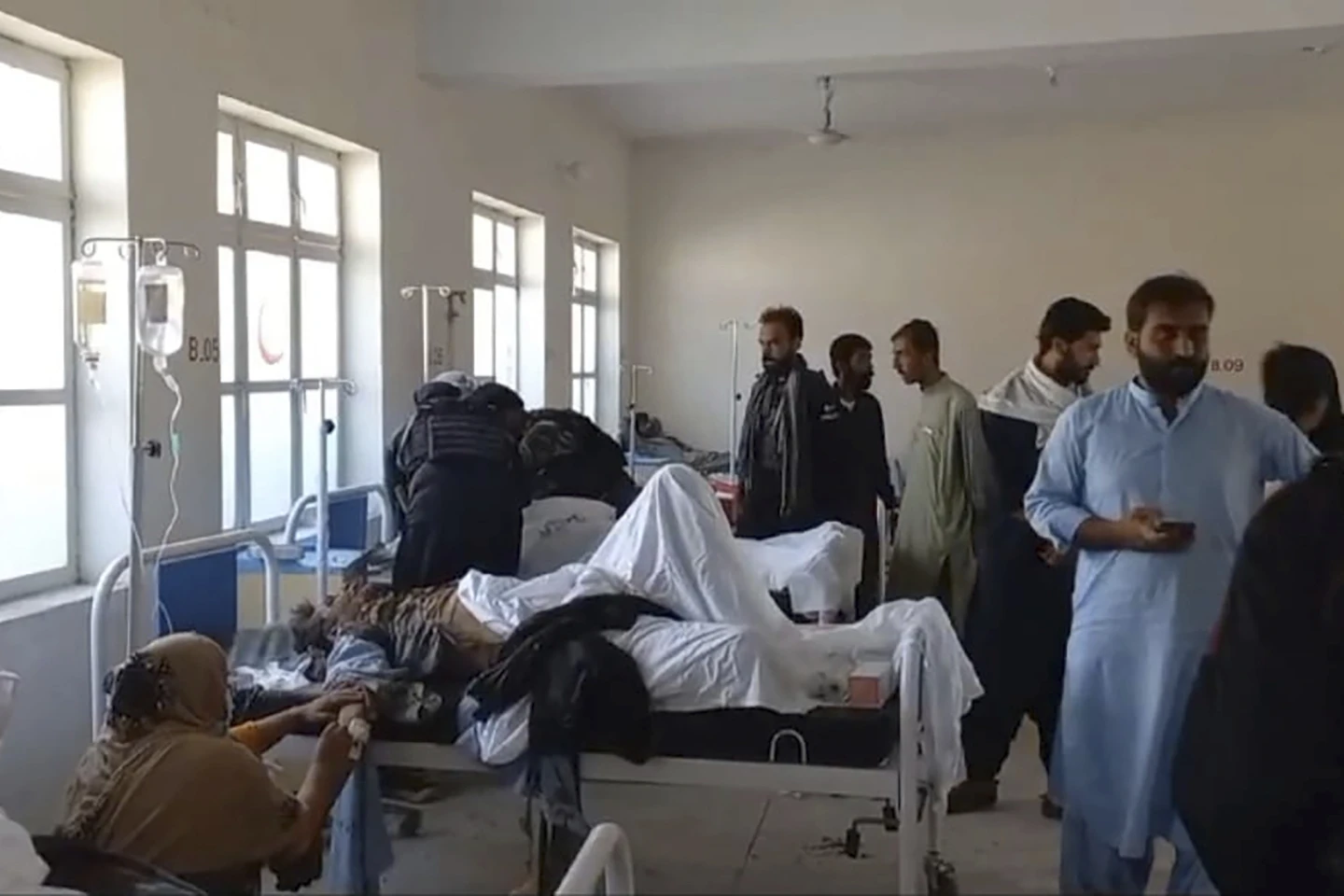A powerful bomb exploded near a mosque at a rally celebrating the birthday of Islam’s Prophet Muhammad in southwest Pakistan on Friday, killing at least 21 people and wounding more than 50 others, police and a government official said.
The bombing occurred in Mastung, a district in Baluchistan province, government administrator Atta Ullah said. Injured people were taken to nearby hospitals and some were in critical condition, he said.
A senior police officer, Mohammad Nawaz, was among the dead, Ullah said. Officers were investigating to determine whether the bombing was a suicide attack, he added.
Muslims in Pakistan and around the world celebrate the birthday of Islam’s prophet by holding public gatherings. The birth anniversary is known as Mawlid an-Nabi. During the daylong celebrations, Muslims also distribute free meals to people.
Friday’s bombing came days after authorities asked police to remain on maximum alert as militants could target rallies making the birthday of Islam’s prophet.
In a statement, caretaker Interior Minister Sarfraz Bugti denounced the bombing and expressed sorrow and grief over the loss of lives. He said it was a “heinous act” to target people at the Mawlid an-Nabi procession.
The government had declared a national holiday for the birth anniversary of Prophet Muhammad, and President Arif Alvi and caretaker Prime Minister Anwaarul-haq-Kakar in separate massages had called for unity and for people to adhere to the teachings of Islam’s prophet.
No one immediately claimed responsibility for Friday’s bombing, but Pakistani Taliban quickly distanced themselves from it. The Pakistani Taliban, known as Tehreek-e-Taliban Pakistan, or TTP, is a separate group but a close ally of the Afghan Taliban, which seized power in neighboring Afghanistan in August 2021 as U.S. and NATO troops were in the final stages of their pullout from the country after 20 years of war.
Previous deadly attacks in Baluchistan and elsewhere have been claimed by the Islamic State group. The gas-rich southwestern Baluchistan province at the border of Afghanistan and Iran has been the site of a low-level insurgency by Baluch nationalists for more than two decades. Baluch nationalists initially wanted a share of provincial resources, but they later launched an insurgency calling for independence.

